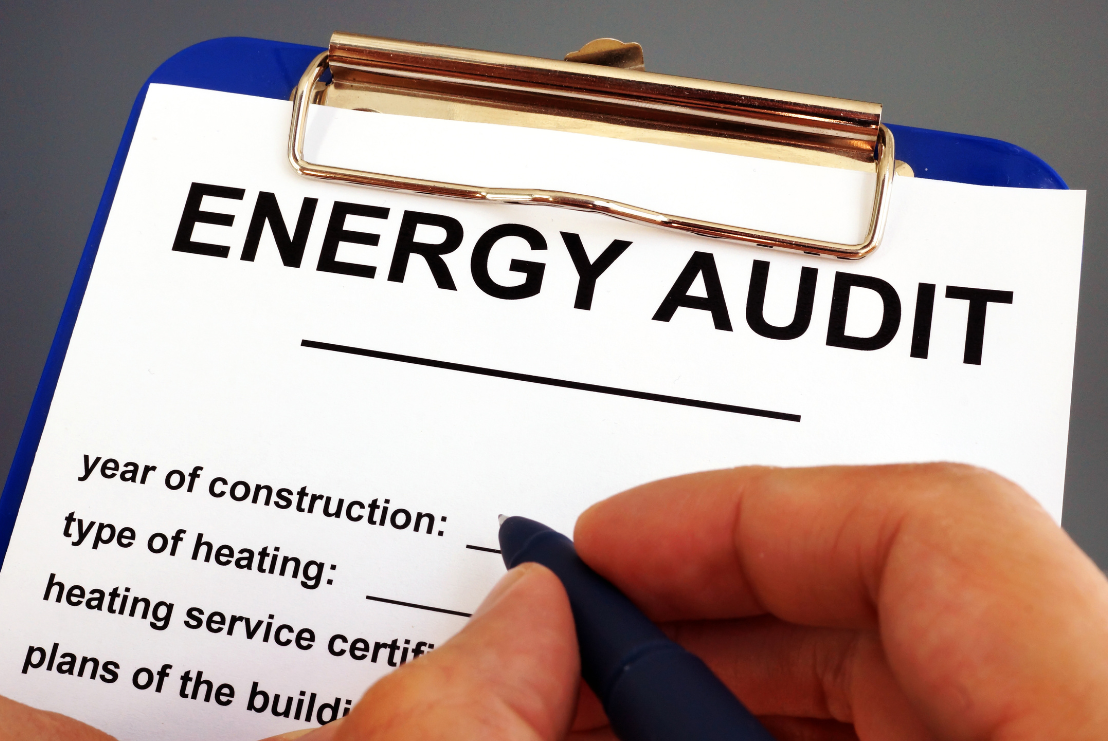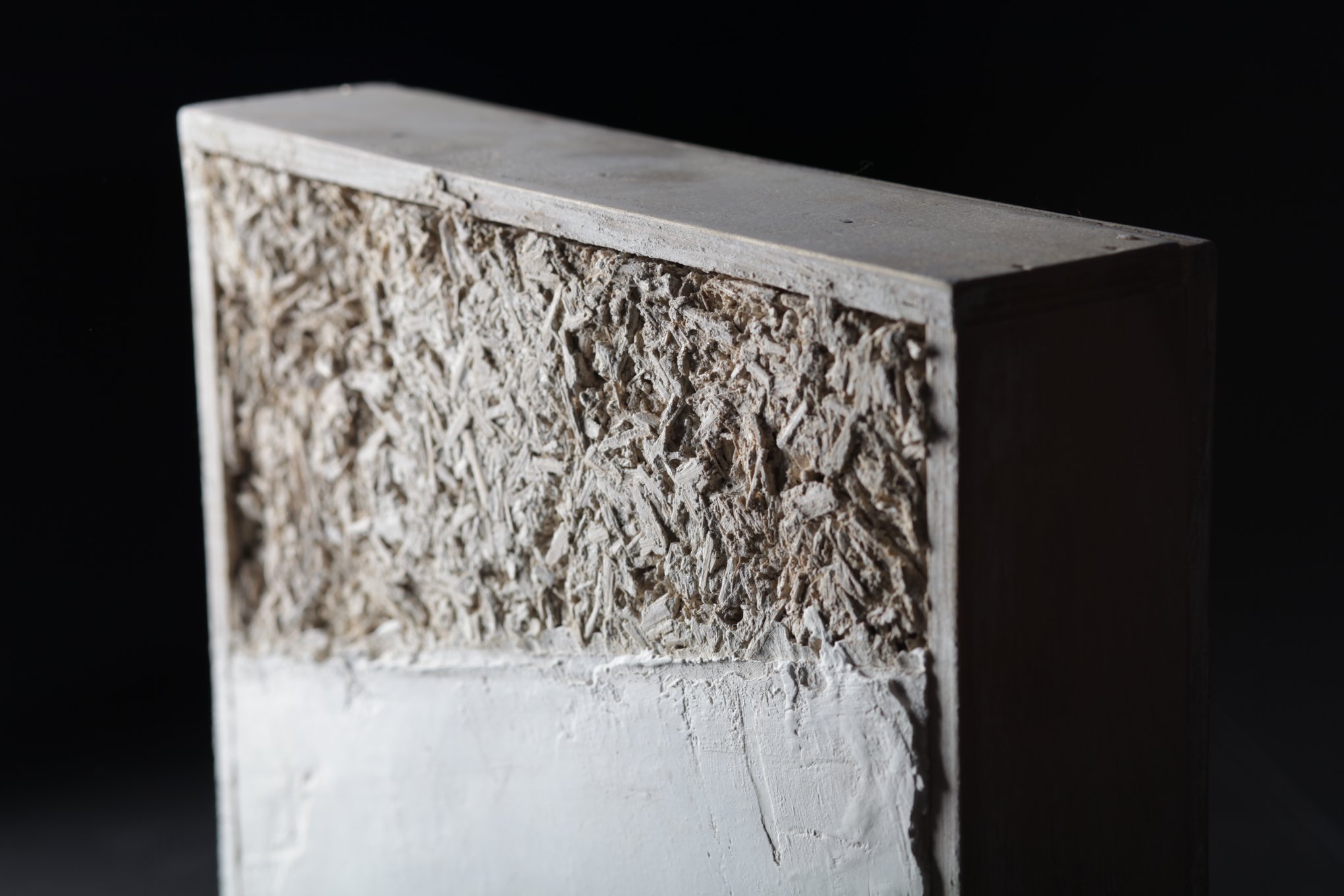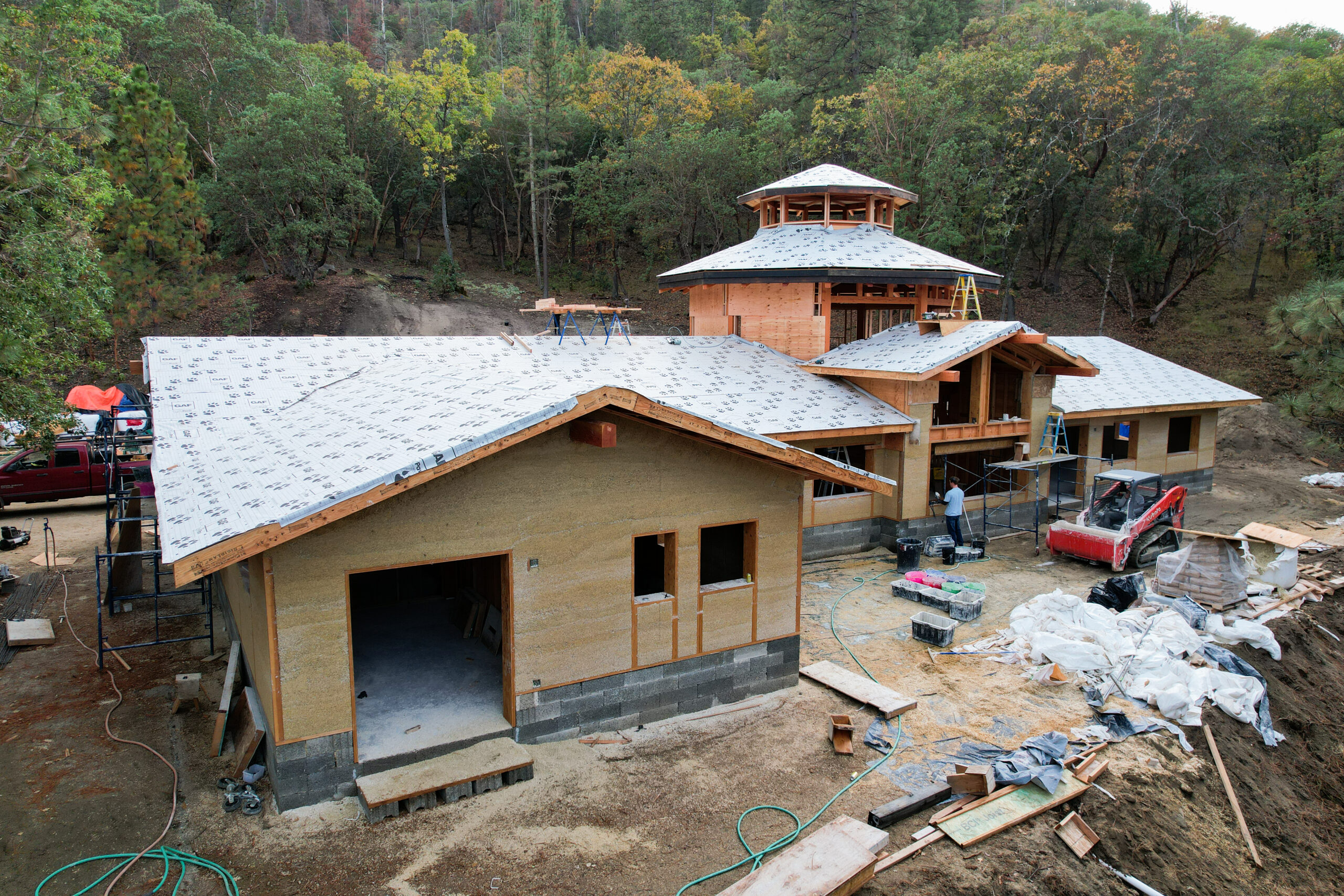By Bernie Miller and Jacqui Brown Miller of Quality Renovation & Carpentry
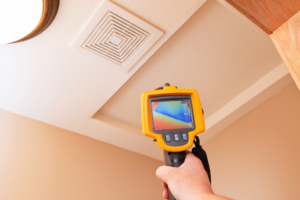
A professional energy audit is your first step to saving 25% or more on your utility bills and doing your part for the planet. An energy audit evaluates your space’s energy efficiency performance. It can pay for itself by helping you focus on the most cost-effective energy upgrades and weatherization improvements.
To reverse climate change, society is finding new ways to reduce carbon dioxide emissions. Did you know buildings contribute 38.9% of the nation’s total carbon dioxide emissions– 20.8% from the residential sector and 18.0% from the commercial sector? This illustrates the importance of retrofitting existing structures, in addition to greening new construction.
Do you want to retrofit your existing home or business, but have no idea how to identify the most cost-effective changes that would yield the greatest benefit? A certified energy auditor can help. An auditor will evaluate your space and provide you with a written report detailing energy performance findings, a prioritized list of potential improvements, estimated costs of key retrofits, and a cost-benefit analysis of each recommendation.
A certified energy auditor will use the following proven techniques and equipment. A blower door test helps identify leaks in the building envelope and at plumbing and electrical insertions. The blower door fan simulates a strong wind that depressurizes the interior when all windows and doors are closed, which allows the auditor to identify leaks. A thermal imaging camera may also be used to identify areas of heat escape. Additional instruments such as carbon monoxide and combustible gas detectors, thermometers, moisture and flow meters, and perhaps a duct blaster will be used. The assessment usually will last 2-3 hours and should include:
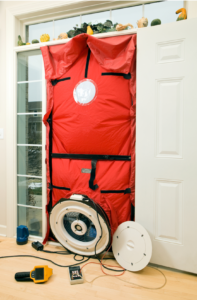
-
-
-
-
- Baseline energy use evaluation.
- Air leak detection in the house and ductwork (through pressurized/depressurized tests).
- Assessment of ventilation rates.
- Evaluation of condition and efficiency of heating/cooling and water heating systems and appliances.
- Tests to assure proper ventilation around combustible appliances.
- Indoor humidity evaluation (impacts heating efficiency).
-
-
-
An auditor can provide a list of local service providers to assist with various retrofits and a list of rebates and incentives offered by local programs. The auditor should also provide a return visit after your structure is weatherized to check that retrofits have not compromised air quality or safety inside the structure.
Energy audit services typically range from $350 to $500 but may be subsidized by local utilities, community organizations, or governmental entities.
